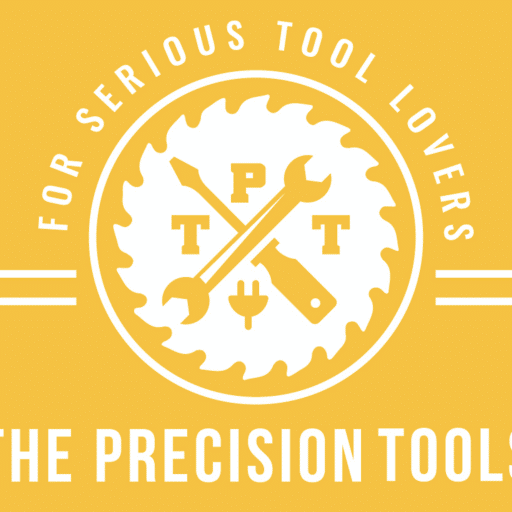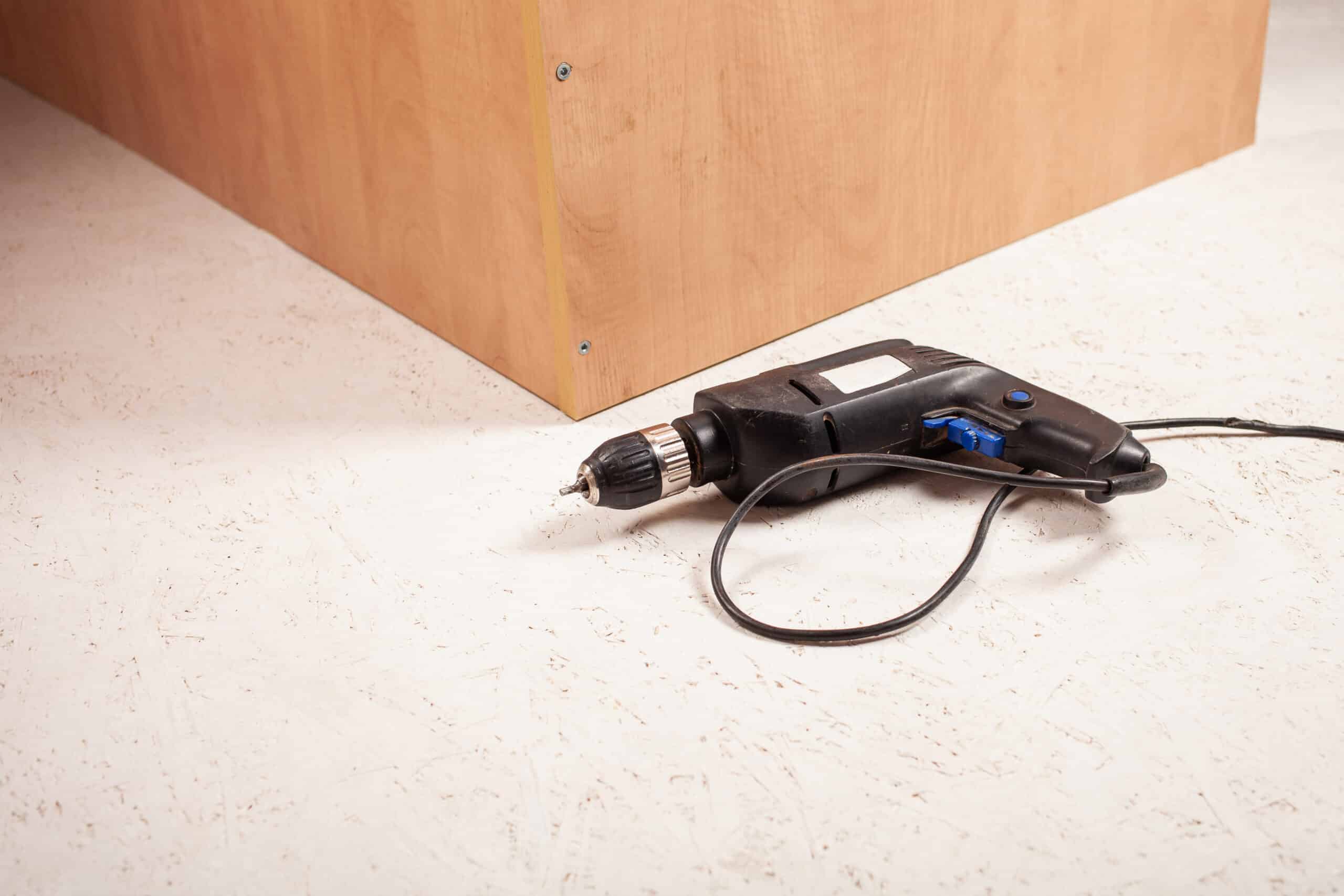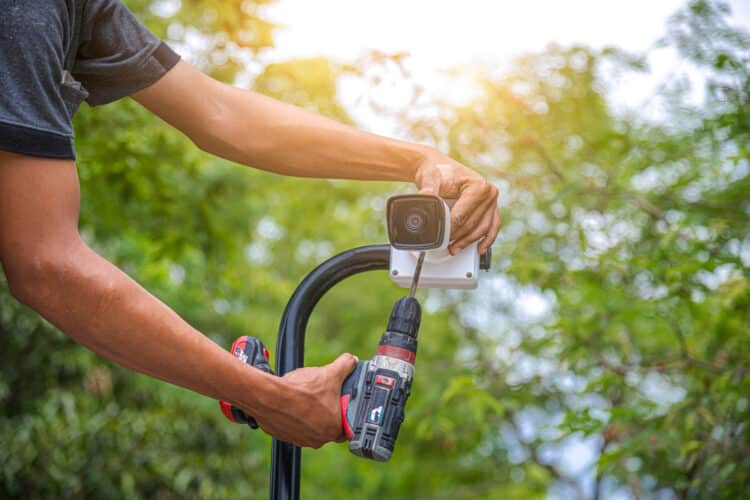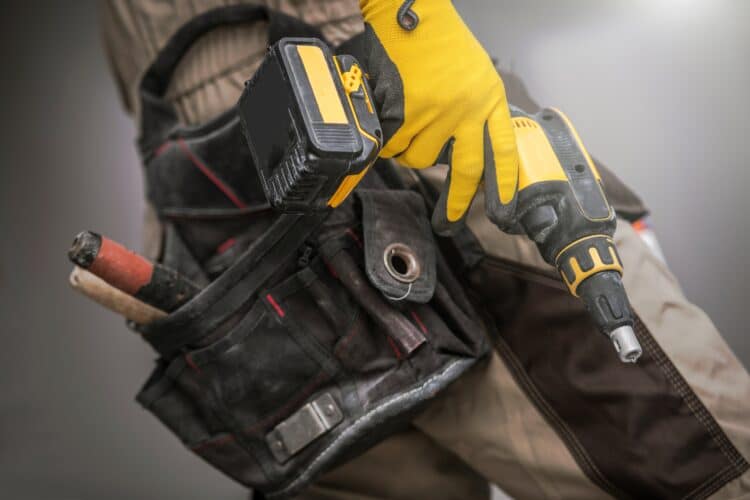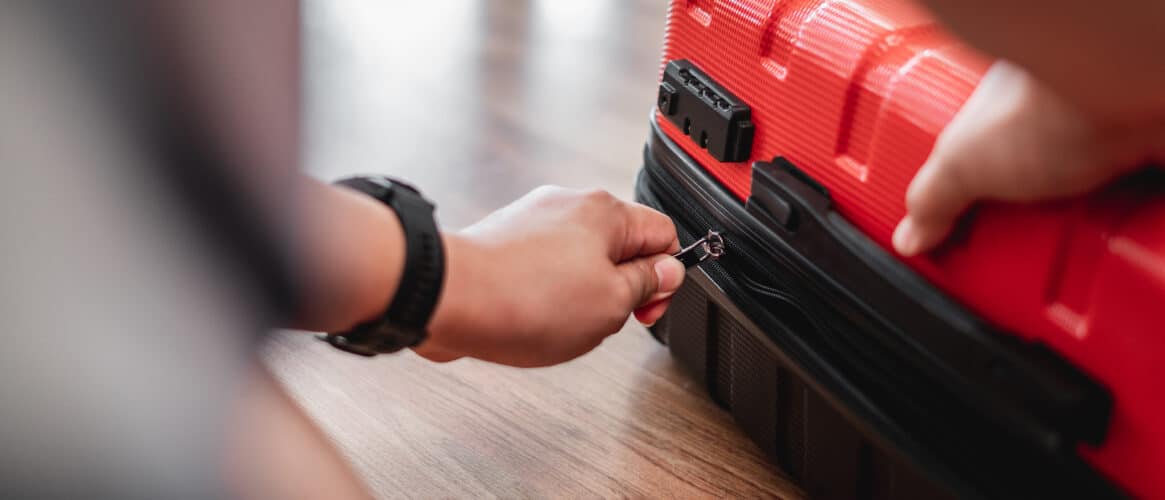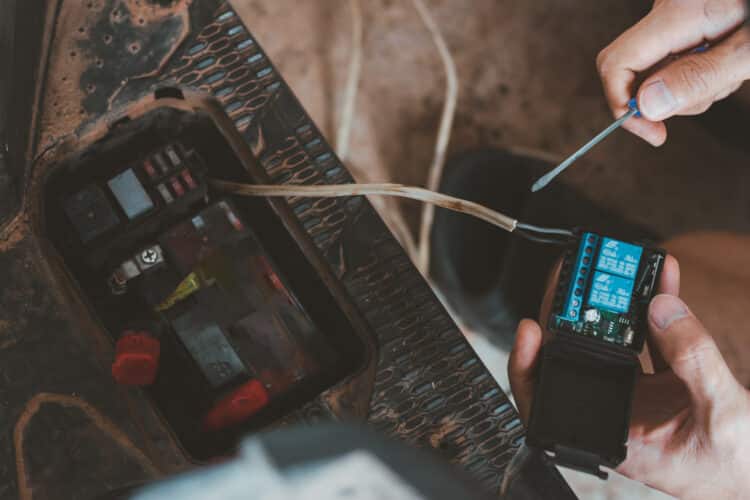Do I Need a Drill or Screwdriver?
Key Takeaways
- The main difference between a drill and a screwdriver is their primary functions.
- A drill is versatile and powerful, suitable for a wide range of tasks including drilling holes and driving fasteners.
- An electric screwdriver is compact, precise, and ideal for driving screws in small tasks or tight spaces.
When it comes to DIY projects or simply fixing things around the house, having the right tools is essential. One common question that often arises is whether you need a drill or a screwdriver. While both tools serve a similar purpose, they have distinct differences that make them suitable for different tasks. In this article, we will explore the main differences between a drill and a screwdriver, their pros and cons, and help you determine which tool is best suited for your needs.
The Difference Between a Drill and a Screwdriver
The main difference between a cordless drill and an electric screwdriver is their primary functions. A drill is primarily used for drilling holes, driving fasteners, polishing, and other tasks, while a screwdriver is specifically designed for driving screws into various materials. This difference in function leads to variations in their design, features, and performance.
Drill: Versatility and Power
A cordless drill is a versatile tool that can be used for a wide range of tasks. It has a chuck for holding various drill bits and tools, allowing you to switch between different types of drilling and driving applications. Cordless drills typically have higher torque and power ratings, making them suitable for more demanding projects. They can drill holes in various materials including wood, metal, and concrete, and can also be used as a screwdriver, impact driver, or a hammer drill. With adjustable speed and torque settings, drills offer better control and are ideal for heavy-duty tasks.
However, it’s important to note that cordless drills are larger and heavier compared to screwdrivers. This can make them less maneuverable, especially in tight spaces or for extended periods. They can also be more expensive, especially when considering additional bits for different surfaces. Additionally, beginners may find it confusing to select the right drill bits for different materials.
Screwdriver: Compact and Precise
An electric screwdriver, on the other hand, is specifically designed for driving screws. It is smaller and lighter compared to a cordless drill, making it easier to handle and maneuver. Electric screwdrivers have hexagonal sockets that accept ¼-inch driver bits, allowing you to quickly and easily switch between different screw sizes and types.
While electric screwdrivers may lack the power and torque of a drill, they offer more control and precision. They are ideal for small tasks and working in narrow spaces where a larger drill may not fit. Electric screwdrivers are also more affordable and easily accessible, making them a popular choice for everyday tasks around the house.
Choosing the Right Tool for Your Needs
Now that we have explored the main differences between a drill and a screwdriver, let’s discuss how to choose the right tool for your needs. Consider the following factors:
Task Requirements
If you primarily need a tool for drilling holes into hard materials like wood, plastic, or metal, or if you have more demanding projects that require higher speed and torque, a drill is the better choice. It offers the versatility and power to handle a wide range of tasks, including screw-driving.
On the other hand, if your main focus is driving screws and you are working on smaller tasks or in tight spaces, an electric screwdriver is more suitable. It provides better control and precision, making it less likely to strip the heads of screws or bolts.
Budget and Accessibility
Consider your budget and accessibility when choosing between a drill and a screwdriver. Cordless drills, especially those with additional bits, can be more expensive. However, they offer more versatility and power. Electric screwdrivers, on the other hand, are more affordable and easily accessible.
Experience and Comfort
Take into account your experience and comfort level with power tools. If you are a beginner or have limited experience, an electric screwdriver may be a good starting point. It is easier to handle and less intimidating than a larger drill. However, if you are confident in your skills and have experience with power tools, a drill can provide more versatility and power for a wider range of tasks.
Conclusion
In conclusion, whether you need a drill or a screwdriver depends on the tasks you need to accomplish. A drill is a versatile tool that can handle drilling holes, driving fasteners, and other tasks, while a screwdriver is specifically designed for driving screws. Consider the task requirements, your budget, and your experience level when making your decision. Both tools have their pros and cons, so choose the one that best suits your needs and preferences.
Related Websites:
- Fine Power Tools – Drill vs. Screwdriver
- House Toolkit – What is the Difference Between a Drill and a Power Screwdriver?
- Wrench Guides – Electric Screwdriver vs. Drill
- Drilling Nerd – Electric Screwdriver vs. Drill
- Go Improve Home – Can You Use a Screwdriver Instead of a Drill? Pros and Cons Explained
- Shuntool – Can a Cordless Drill be Used as a Screwdriver?
FAQs:
Q: What is the primary function of a cordless drill?
A cordless drill is primarily used for creating holes in various materials.
Q: What is the primary function of a screwdriver?
The primary function of a screwdriver is to drive screws into different surfaces.
Q: What are the advantages of a cordless drill?
A cordless drill offers the ability to drill holes in various materials and comes with additional features and attachments for added versatility.
Q: What are the advantages of a screwdriver?
A screwdriver is lightweight, easy to handle, and ideal for small, precise tasks.
Q: How do I determine if I need a drill or screwdriver?
Consider the nature of the tasks you frequently perform. If you need to create holes, a drill is essential. If you primarily work with screws, a screwdriver is more suitable.
